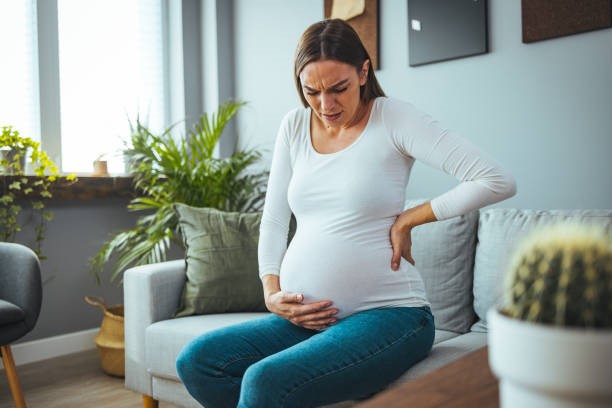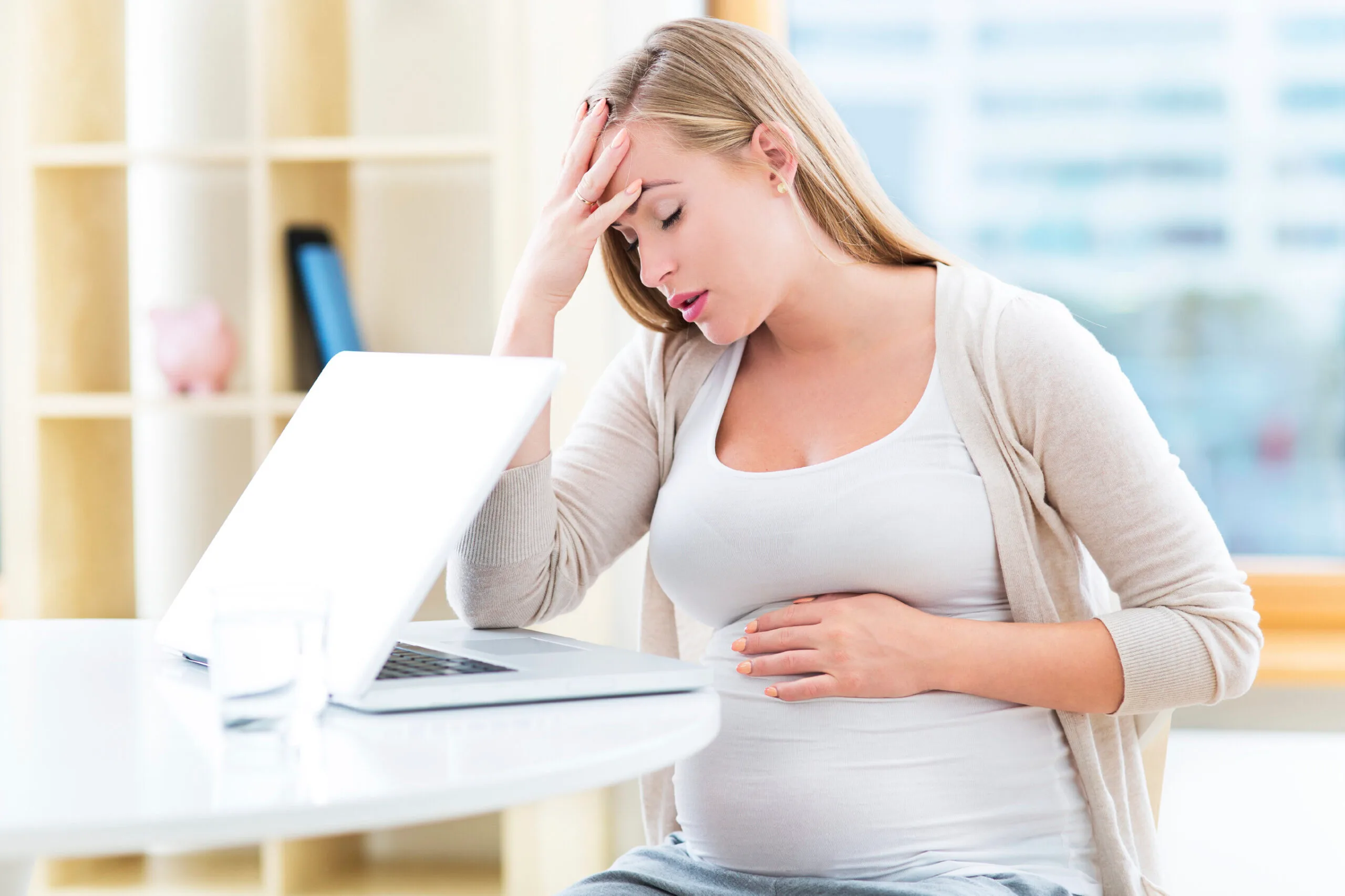Pregnancy is a beautiful and transformative journey for many women, but it also brings about several physical changes, some of which may persist long after childbirth. One of the enduring effects experienced by some women is urinary incontinence, a condition that can manifest to varying degrees both during and after pregnancy. In this blog, we’ll explore the connection between pregnancy and urinary incontinence, its causes, and ways to manage and prevent it.

Understanding Urinary Incontinence during Pregnancy
Urinary incontinence is the involuntary leakage of urine, and it can occur during pregnancy for several reasons:
- Hormonal Changes: Pregnancy triggers hormonal fluctuations, including increased levels of relaxin, which relaxes the pelvic muscles and can lead to a weakened urinary sphincter.
- Pressure on the Bladder: As the fetus grows, it exerts pressure on the bladder. This pressure can cause stress incontinence, where urine leaks during activities like laughing, coughing, or sneezing.
- Uterine Expansion: The expanding uterus can press against the bladder, leading to urge incontinence, a sudden and intense need to urinate.
- Weakened Pelvic Floor Muscles: Pregnancy can strain the pelvic floor muscles, which support the bladder and urethra. Weak pelvic floor muscles can result in both stress and urge incontinence.
Managing and Preventing Urinary Incontinence
While urinary incontinence is common, there are steps you can take to manage and even prevent it:
- Using ELLE TENS+: ELLE TENS+ is a valuable tool that can be used to manage urinary incontinence. It provides targeted electrical stimulation to strengthen the pelvic floor muscles, which can help improve bladder control. Consult your healthcare provider for guidance on incorporating ELLE TENS+ into your routine.
- Kegel Exercises: Pelvic floor exercises, known as Kegels, can help strengthen the muscles that support the bladder and control urine flow. Incorporate Kegels into your daily routine to improve pelvic muscle tone.
- Stay Hydrated: Paradoxically, drinking more water can help reduce incontinence. It helps dilute the urine and reduces irritation of the bladder lining.
- Bladder Training: Train your bladder by gradually increasing the time between bathroom breaks. This can help reduce the frequency of sudden urges.
- Maintain a Healthy Weight: Extra weight can put additional pressure on the pelvic floor. Eating a balanced diet and staying active can help manage your weight during pregnancy.
- Seek Professional Guidance: If urinary incontinence persists or becomes severe, consult a healthcare provider. They can recommend therapies, exercises, or medical interventions as necessary.
Frequently Asked Questions (FAQs)
Q1: Is urinary incontinence during pregnancy normal?
A1: Yes, it’s relatively common. Many pregnant women experience some form of urinary incontinence due to the factors mentioned earlier. However, it’s essential to discuss any symptoms with your healthcare provider to rule out any underlying issues.
Q2: Will urinary incontinence go away after childbirth?
A2: For some women, mild urinary incontinence may improve or resolve after childbirth, especially with proper pelvic floor exercises. However, others may continue to experience symptoms and may benefit from ongoing management.
Q3: Can I use ELLE Tens+ to prevent postpartum urinary incontinence ?
A3:ELLE TENS+ can help effectively treat or prevent postpartum incontinence, but it’s advisable to consult your healthcare provider for guidance on its specific use In conclusion, urinary incontinence is a common issue that many individuals may face due to various factors, including physiological changes. However, with proactive measures such as using Elle TENS+, incorporating Kegel exercises, maintaining a healthy lifestyle, and seeking





